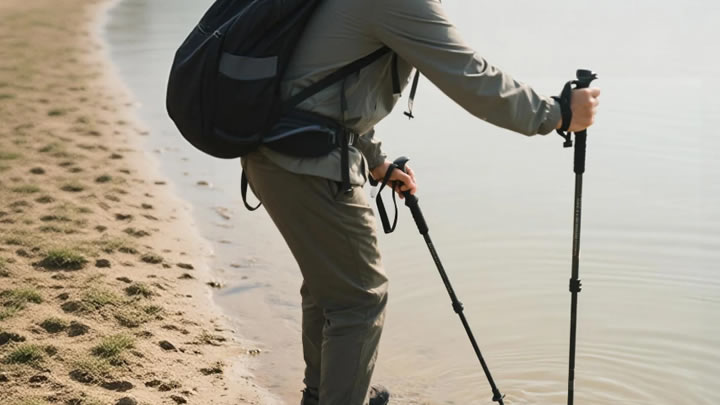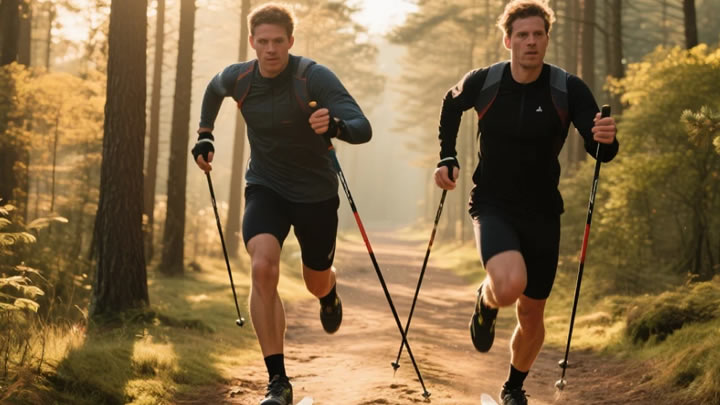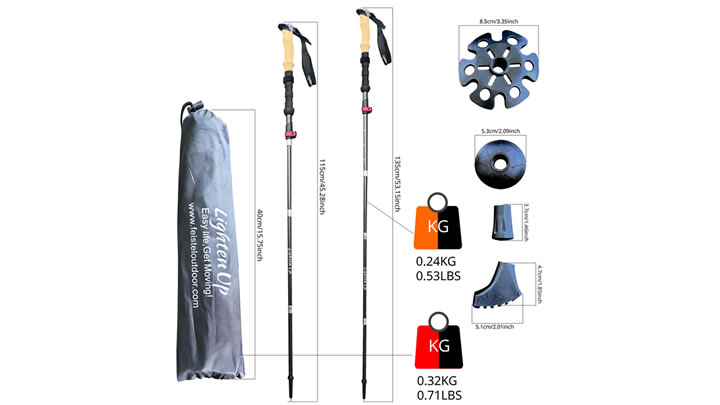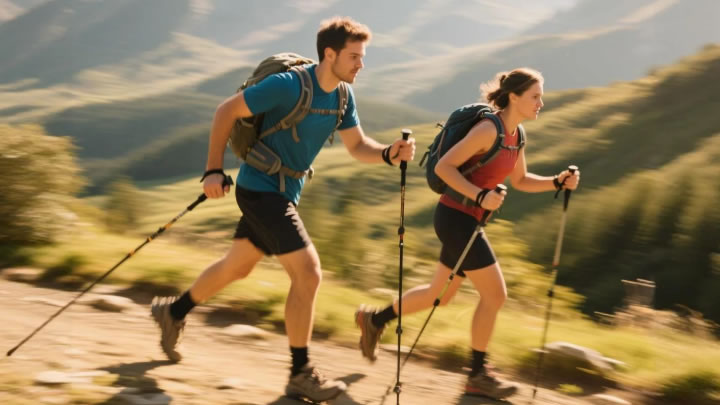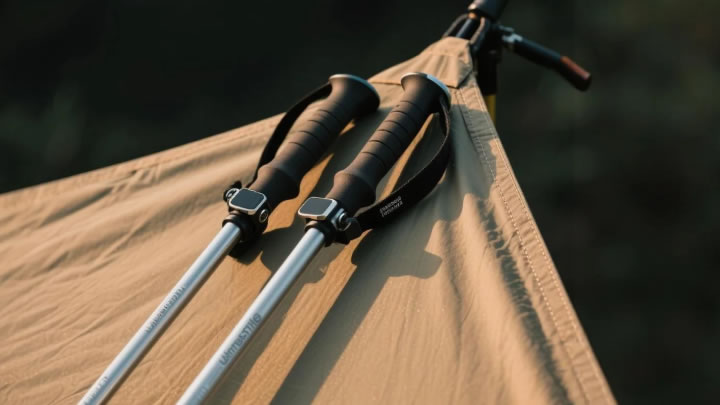Balancing weight savings with comfort: Tips for new campers.
For new campers, the allure of lightweight gear is undeniable—until a sleepless night on a paper-thin pad or a shivering evening in a minimalist shelter makes you question the trade-offs. Balancing weight savings with comfort is an art, especially for those just starting their outdoor journey. This guide provides actionable strategies to help beginners enjoy the wilderness without sacrificing coziness, all while keeping their packs manageable and search engines happy.
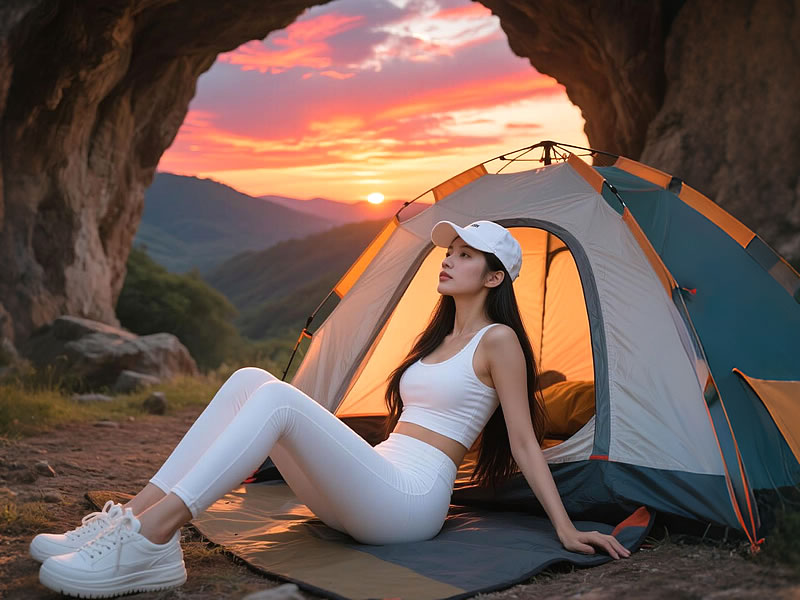
Why Balance Matters for New Campers
- Enjoyment: Discomfort can turn a first-time camper into a last-time camper.
- Safety: Poor sleep or inadequate insulation risks hypothermia or exhaustion.
- Budget: Avoiding costly gear swaps by making informed initial choices.
Rule of Thumb: Aim for a pack weight under 20% of your body weight while retaining key comforts.
5 Key Areas to Optimize
1. Sleep System: Prioritize Quality Rest
A good night’s sleep is the foundation of an enjoyable trip.
- Sleeping Pad: Choose a wide inflatable pad (20–25” width) with an R-value of 3+ (e.g., Therm-a-Rest NeoAir XLite, 12 oz). Avoid ultralight foam pads unless car camping.
- Sleeping Bag/Quilt: Synthetic bags (e.g., Nemo Forte 35, 2 lbs 9 oz) are bulkier but more forgiving for beginners. Down quilts (e.g., Hammock Gear Economy Burrow, 1 lb 5 oz) save weight but require careful moisture management.
- Pillow Hack: Inflatable pillows (2–3 oz) or a stuff sack filled with clothes.
Pro Tip: Test your sleep setup in your backyard before hitting the trail.
2. Shelter: Space vs. Weight
Ultralight tents can feel claustrophobic, while heavy tents drain energy. Strike a balance:
- Best for Newbies: Semi-freestanding tents like Big Agnes Tiger Wall 2P (2 lbs 3 oz) offer livable space and easy setup.
- Budget Option: *Naturehike Cloud-Up 2* (3 lbs 11 oz) balances affordability and weight.
- Avoid: Flimsy tarps unless you’re ready to master knots and weather risks.
3. Clothing: Layer Smart, Pack Light
- Base Layer: Merino wool (e.g., Smartwool 150, 5 oz) regulates temperature and resists odors.
- Insulation: A lightweight puffy (e.g., Decathlon Trek 100, 10 oz) for camp warmth.
- Rain Shell: Non-negotiable—opt for a 6–8 oz jacket (e.g., Frogg Toggs UltraLite2).
Mistake to Avoid: Packing “just-in-case” extras like multiple jeans or heavy sweaters.
4. Cooking: Simplify Without Sacrificing Hot Meals
- Stove: *BRS-3000T* (1 oz) + a 650ml titanium pot (3.5 oz) boils water efficiently.
- Comfort Hack: Bring a small luxury like instant coffee or dehydrated mashed potatoes.
Cut Weight Here: Avoid bulky dishes—eat straight from the pot.
5. Backpack: Fit Over Fancy Features
A poorly fitting pack ruins comfort, no matter how light.
- Beginner-Friendly Picks:Osprey Exos 48 (2 lbs 10 oz): Ventilated back panel + ample support.Granite Gear Crown2 60 (2 lbs 14 oz): Adjustable and budget-friendly.
Warning: Frameless packs save weight but require expert packing—not ideal for newbies.
Budget vs. Premium: Where to Splurge or Save
| Category | Splurge Item (Weight) | Budget Alternative (Weight) |
|---|---|---|
| Sleeping Pad | Therm-a-Rest NeoAir XLite (12 oz) | Klymit Static V (25 oz) |
| Tent | Big Agnes Tiger Wall (2 lbs 3 oz) | Lanshan 2 (2 lbs 12 oz) |
| Backpack | Hyperlite Southwest 2400 (1.9 lbs) | Teton Sports Scout 3400 (4 lbs) |
Splurge Wisdom: Invest in items touching your body (pad, shoes, pack) for comfort.
3 Common Comfort-Killing Mistakes
- Ignoring Footwear: Heavy boots vs. trail runners? Choose based on terrain, not tradition.
- Skipping a Chair: A 1 lb ultralight stool (e.g., Helinox Chair Zero) can save your back.
- Overpacking Food: 1.5–2 lbs of food per day is ample; bulky snacks waste space.
Comfort Hacks That Cost Nothing
- Site Selection: Pitch your tent on flat, soft ground—not rocks or roots.
- Clothing as Pillow: Stuff a fleece into a stuff sack.
- Evening Ritual: Change into dry socks and layers before bed.
SEO-Optimized Takeaways
- Keywords: Use “beginner camping comfort,” “lightweight camping tips,” or “backpacking gear balance” in headers and body text.
- User Intent: Answer FAQs like “Are ultralight tents comfortable?” or “How heavy should a beginner’s pack be?”
- Readability: Short paragraphs, bullet points, and comparison tables boost engagement.
Final Thoughts
Balancing weight and comfort isn’t about extremes—it’s about smart compromises. New campers should prioritize sleep quality, shelter space, and functional clothing while gradually learning to trim non-essentials. Remember: Lightweight gear shouldn’t punish you; it should empower you to hike farther, sleep deeper, and savor the outdoors. Start with these tips, refine your kit over time, and let comfort be your compass.

